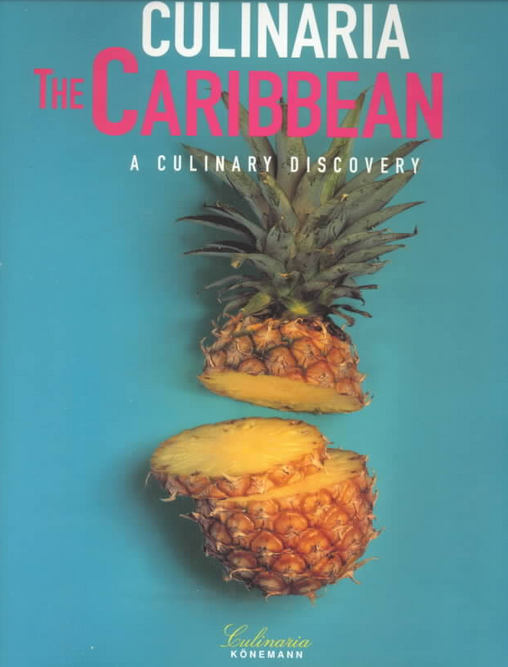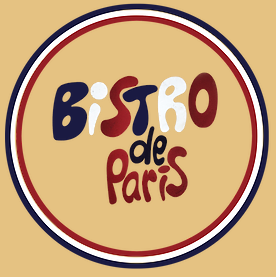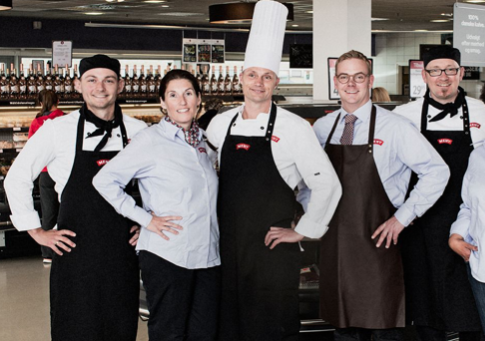When focusing on the customer journey throughout your supermarket, how do you create an experience that taps into your customers’ emotions and behaviours?
As human beings, we like to be seen and welcomed and that is something that we have really been training. It is very important that all our employees meet the customers, look into their eyes, smile and welcome them into our supermarket. Subconsciously saying I have seen you and I am here for you, and this something we are training on a continuous basis. Also in the front section of the shop, where the customer is met by the staff in the Post Office, kiosk or bakery who see all of the customers as they enter our store and they can smooth the path for their colleagues further in the shop by just smiling and welcoming them as they begin their journey.
Dalgaard Supermarket is stocked with great products, which are displayed in a warm and welcoming way, your staff are knowledgeable and the real-life shopping experience is still where sales are made. How do you think the online experience will transform the supermarket business in the future? And how will you incorporate digital at Dalgaard Supermarket?
In a way, it already has, if you look at how nemlig.com has been struggling and are showing huge deficits in their balance sheets, year after year. And they have invested over 1 billion DKK into their business, in the beginning, it was because they wanted to master online food sales, but the value of the company today, as they see it themselves is big data. It is the behaviour of the customers because I think that it will take some years to crack the code, if ever, for how to make money on delivering goods to people because it is more expensive. As you have to factor in the cost of the employee selecting the products, which are usually the job of the customer in the shop, and now, you have to pay someone to do that. So it is very difficult to get a break even or profit under these economic conditions.
We at Dalgaard are also building big data but in a personal way. We know that this customer has just come home from a vacation and you ask how was the holiday? You know that this customer has just had a grandchild, how’s your grandson? And that is much more important to people today, as we are very much alone on a day to day basis in front of our PC’s. It’s easy to buy non-food products online, as it’s easy and convenient, but people need people (connectivity). We have customers coming to the store and all they want is a hug (metaphorically) and that is what they get here. We, in our line of business, should focus on the fact that we have a huge advantage in being with people. So we have to create an environment where they like to come, where they meet nice people, where they are excited and surprised, where they can be advised by professionals, where they can taste new products. So I think that we have a future even though there will be a huge competition from the online stores. Many of my customer’s say we buy beer, cleaning products, all the heavy stuff because we can get that delivered to our door, but I want to buy the food myself. I want to smell the tomatoes, I want to feel the avocados, I want to speak to the butcher about how I should prepare this kind of meat, etc.
We are planning to use the digital platforms as an opportunity to be more specific in addressing the customers that today we have “this and that” and “if you come between this time and that time it will be ready”. Order online, and we will start working with “Your Local” and “Too Good To Go” to conquer food waste. It’s also a way to get in touch with customers to let them know that we have ready to eat meals in our store. We are using Facebook a lot and also our website, where we generate a lot of traffic and that is monitored every month to see where the users are going, and recipes are always popular, the weekly offers and then our tasting and our events.














































